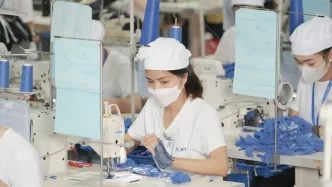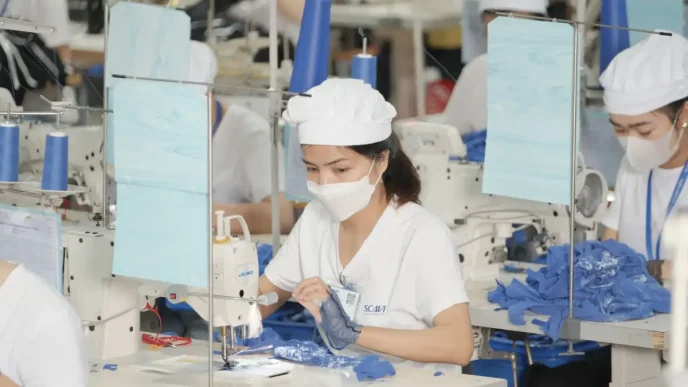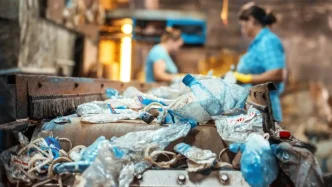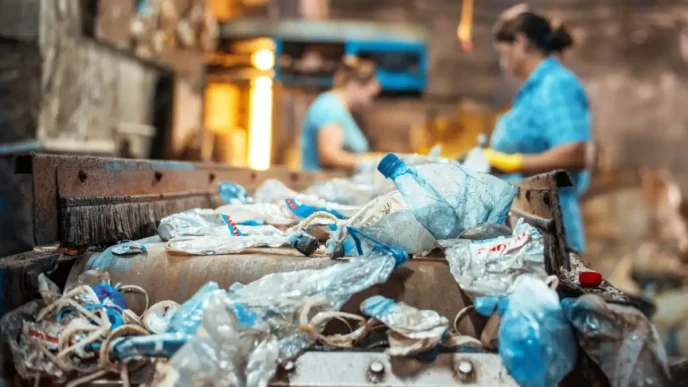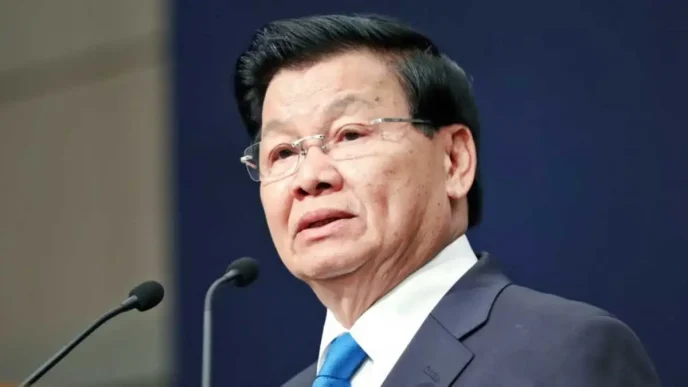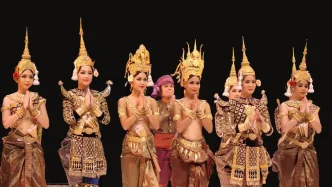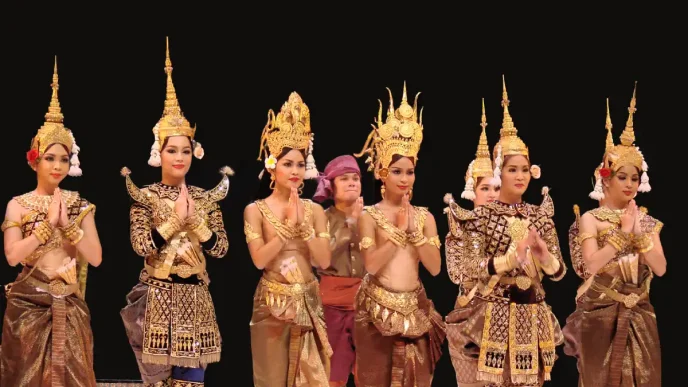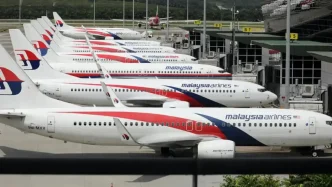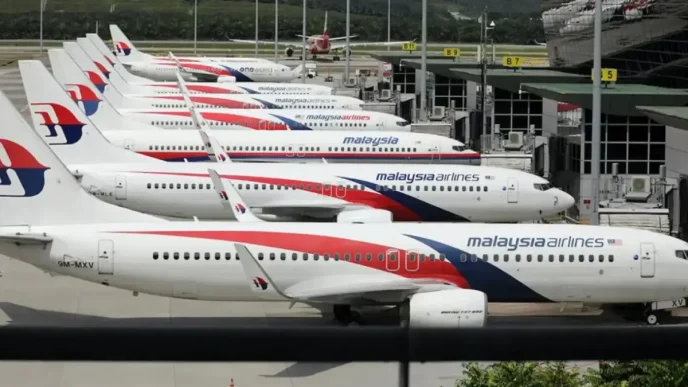In the heart of Vietnam’s capital, a celebration of national identity and culinary heritage is set to unfold. From April 18 to 20, Hà Nội’s historic Thăng Long Royal Citadel will transform into a vibrant hub for Festival Phở 2025, an event dedicated to honoring phở, the country’s beloved noodle soup. Themed “The Essence of Vietnamese Phở – Heritage in the Digital Age,” the festival promises to bring together top restaurants, chefs, and cultural enthusiasts to showcase the dish’s rich flavors and deep-rooted significance.
A National Treasure on Display
Festival Phở 2025, organized by the Hà Nội People’s Committee in collaboration with various city departments, aims to elevate phở beyond a mere meal, presenting it as a symbol of Vietnam’s intangible cultural heritage. Over three days, 50 booths will line the citadel grounds, each offering a unique take on the dish—from the classic Hà Nội-style phở bò (beef noodle soup) with its delicate, aromatic broth to regional variations that reflect Vietnam’s diverse culinary landscape. Visitors will have the chance to taste these creations while watching renowned chefs demonstrate their craft in live cooking shows.
Beyond the food, the festival will feature spaces dedicated to the culture and traditions surrounding phở. Interactive exhibits will allow attendees to learn about the dish’s history, from its humble origins in northern Vietnam to its global recognition as a hallmark of Vietnamese cuisine. Talk shows, art performances, and hands-on activities will further immerse guests in the story of phở, making the event a feast for both the palate and the mind.
A Bridge Between Heritage and Modernity
This year’s theme, “Heritage in the Digital Age,” underscores the festival’s dual focus: preserving tradition while embracing innovation. Organizers aim to connect businesses, craft villages, and phở brands, fostering a network that can sustain and promote the dish in a rapidly changing world. For many, phở represents more than food—it is a cultural touchstone that links generations of Vietnamese people, both at home and abroad.
The event also seeks to introduce phở to an international audience, inviting visitors and “international friends” to experience Vietnam’s culinary soul. This outreach builds on previous efforts, such as the Việt Nam Phở Festival held in Seoul, South Korea, last October, which showcased the traditional craft of phở-making to a global crowd. By blending cultural storytelling with modern platforms, Festival Phở 2025 hopes to inspire a new generation to appreciate and protect this national treasure.
From Local Roots to Global Recognition
The festival in Hà Nội follows a similar event held in Nam Định Province in March 2024, a region often credited as the birthplace of phở. That gathering focused on honoring the long-standing profession of phở-making and preserving its cultural value, with the ultimate goal of building a dossier for inclusion on UNESCO’s list of World Intangible Cultural Heritage. Such recognition would place phở alongside other iconic cultural practices, affirming its status as a global symbol of Vietnamese identity.
For locals, events like these are a source of pride. “Phở is not just a dish; it’s who we are” said a Hà Nội resident planning to attend the festival. “Sharing it with the world feels like sharing a piece of our history.” This sentiment echoes the broader mission of Festival Phở 2025—to celebrate a unifying element of Vietnamese culture while ensuring its legacy endures.
A Taste of Community and Connection
As Hà Nội prepares to host this culinary celebration, the city buzzes with anticipation. The Thăng Long Royal Citadel, a UNESCO World Heritage Site, offers a fitting backdrop, blending Vietnam’s historical grandeur with the warmth of its everyday traditions. For the thousands expected to attend, Festival Phở 2025 will be more than a food event; it will be a moment to connect—over a steaming bowl of broth, a shared story, or a renewed appreciation for what makes Vietnam unique.
As the aroma of phở fills the air this April, the festival stands as a reminder of the power of food to unite people across borders and generations, keeping Vietnam’s cultural heart beating strong.



